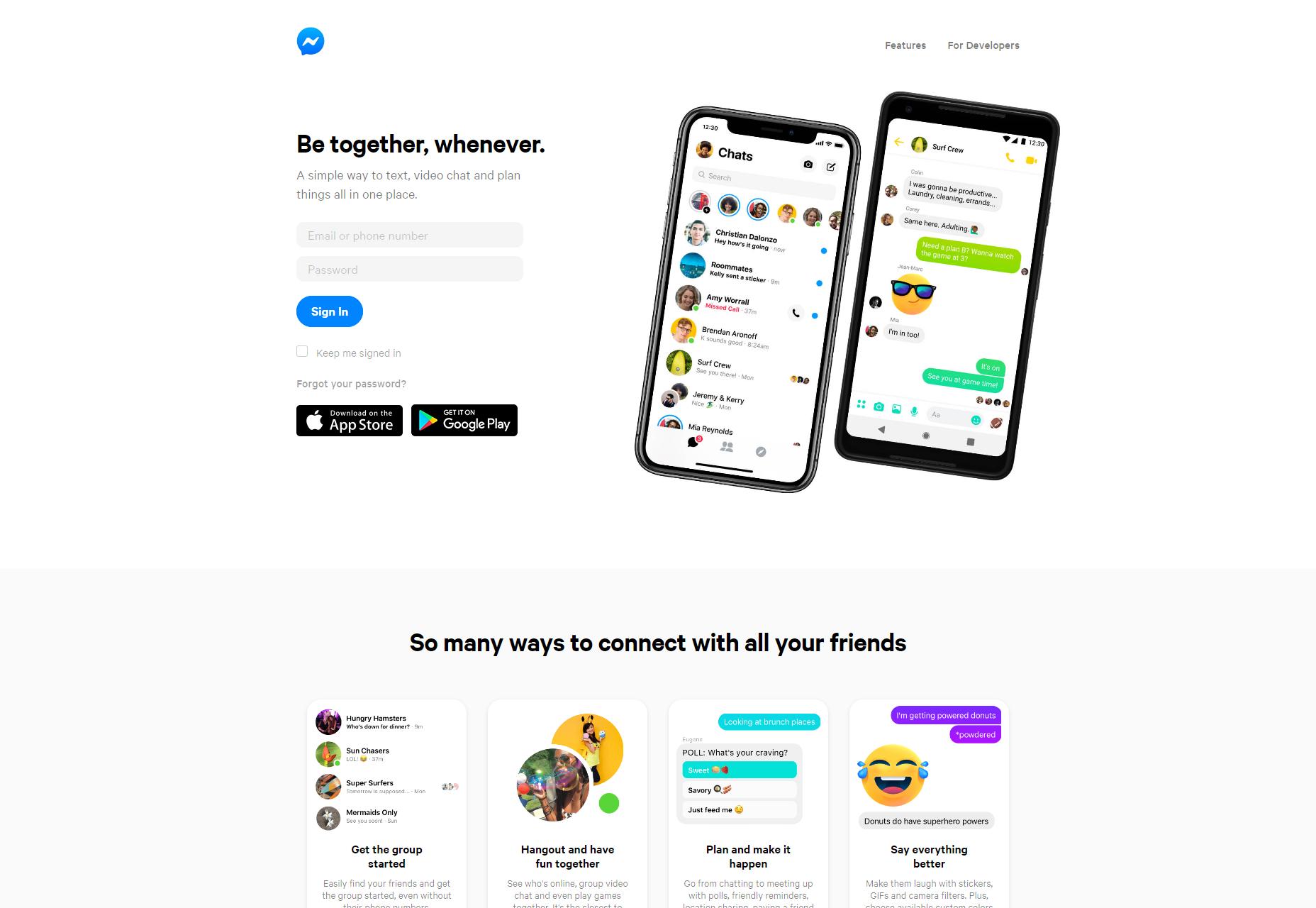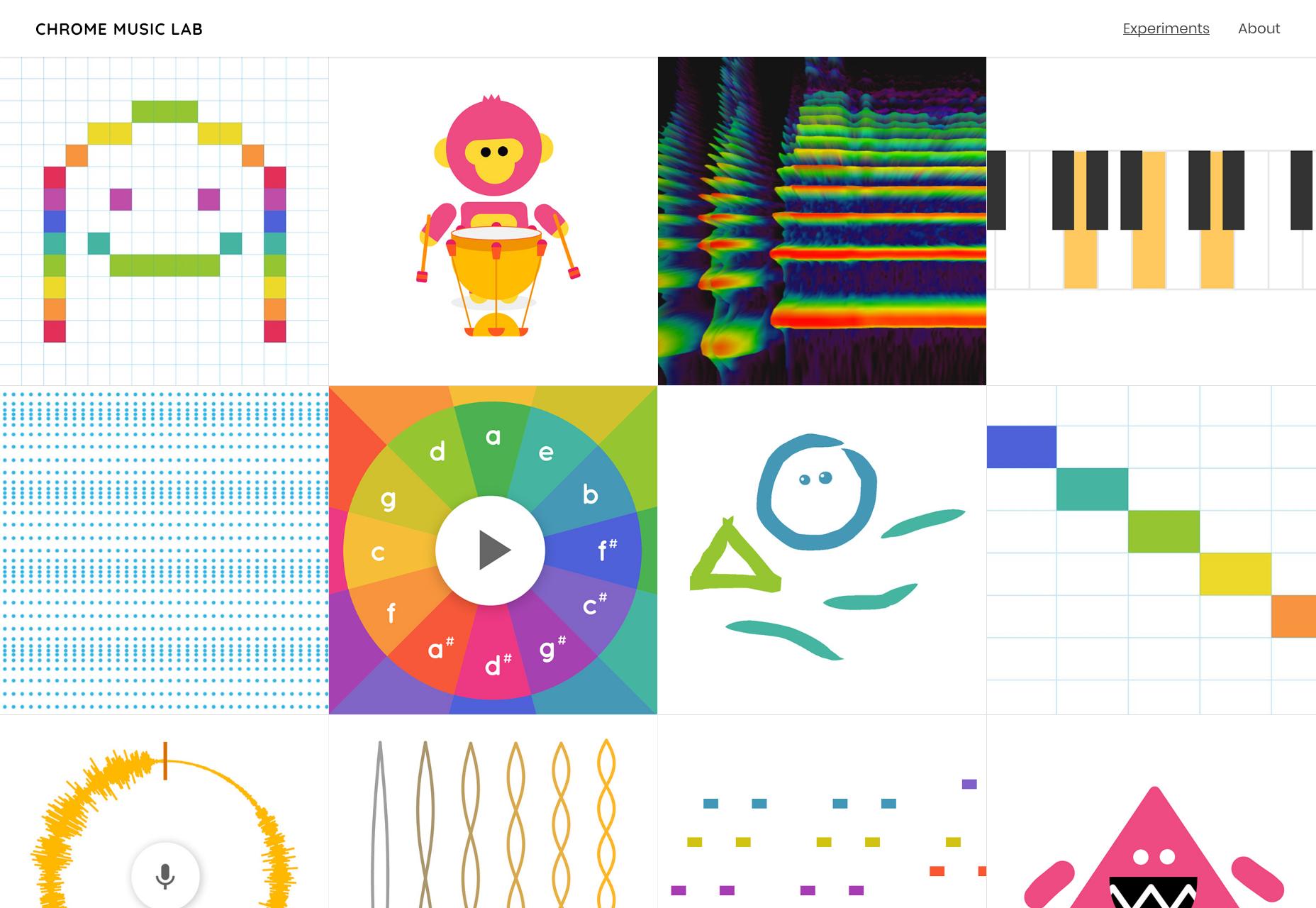
The Case for Adding Sound
Notifications and Alerts
Few things let you know that you should be paying attention like a fairly high-pitched noise. Teachers have their fingernails on the chalkboard, phones have their ringtones, and cats and babies use very similarly pitched sounds specifically to drive us mad/get what they need from you. Interface and product designers made use of this principle long before personal computers were even a thing. It’s effective. I think these are only acceptable for chat conversations, or for notifications that users specifically request. When you’re waiting for information, and you need to pay attention the moment it arrives, an alert sound might well be appreciated. Examples include everything from Facebook Messenger and Slack, to news aggregators, to dating apps of all kinds.
Success Alerts
One pattern we might use a little more in our web and app design is actually a little bit of sound to tell people things went right. Those of us gamers, at least, often have fond memories of victory music that played every time you won a battle, or completed a level. If you can find a short “success” sound that evokes nostalgia and a dopamine hit instead of just annoying people, you may have a winner.Accessibility Enhancement
Alert sounds are all well and good, but what about using the power of audio to help people with, say, sight problems? Sure, there are screen readers and such, but if you know that a large portion of your user base have vision problems, you might consider giving them optional audio cues to make things easier. Think of “clicking” sounds on buttons, a tone that changes pitch when you use click and drag on a slider, a general sense of haptic feedback that might usually be represented by animation. To people with poor vision, sound is a very useful form of skeuomorphism.Artistic Experiments
And then, of course, we have the sort of thing that might be in the “experimental” section of your portfolio, or on your CodePen profile. Here’s a site full of them: Chrome Music Lab.
General Tips for Implementing Sound
Actually Playing the Sounds
JavaScript is sort of the only way to do it. Sure, you can just embed a sound with HTML5, but that will only provide you with an audio player. If you’re trying to integrate sound into your UI in a more functional way, JS is the only way to do it. I mean, sure, technically we still have Silverlight, but who’s going to go back to using plugins? If you’ve never intentionally added sound to your own page before, or just aren’t that familiar with JS, here’s how to play a sound on click. Now, that’s all well and good, but what if your users are having trouble finding the buttons to click on them in the first place? You might want to look at this tutorial from CSS-Tricks about how to play sound when someone hovers over an element.You Still Have to Try Not to Annoy People
Always, always, always give people a way to shut sounds off, for good. The next question is, of course, whether you should have sound on by default. My vote? No… well, in most cases. Again, if you expect to have a lot of visually impaired people on your site, you might consider making sounds play by default, and putting in a big “You can turn these sounds off off, please don’t run away!” notice front and center.And Lastly…
Sound files can, depending on their quality, hit people real hard, right in the bandwidth. Use a CDN for your bandwidth, and cache the heck out of any sound files for the sake of your users’ bandwidth. Next, have a look at at Aural style sheets, and think real hard about how your site is presented to screen readers. And would you look at that? I’ve just about convinced myself that sound on the Internet is a good idea. I should probably stop, now.WDD Staff
WDD staff are proud to be able to bring you this daily blog about web design and development. If there's something you think we should be talking about let us know @DesignerDepot.
Read Next
3 Essential Design Trends, November 2024
Touchable texture, distinct grids, and two-column designs are some of the most trending website design elements of…
20 Best New Websites, October 2024
Something we’re seeing more and more of is the ‘customizable’ site. Most often, this means a button to swap between…
Exciting New Tools for Designers, October 2024
We’ve got goodies for designers, developers, SEO-ers, content managers, and those of you who wear multiple hats. And,…
15 Best New Fonts, September 2024
Welcome to our roundup of the best new fonts we’ve found on the web in the previous four weeks. In this month’s edition…
By Simon Sterne
3 Essential Design Trends, October 2024
This article is brought to you by Constantino, a renowned company offering premium and affordable website design
You…
A Beginner’s Guide to Using BlueSky for Business Success
In today’s fast-paced digital world, businesses are always on the lookout for new ways to connect with their audience.…
By Louise North
The Importance of Title Tags: Tips and Tricks to Optimize for SEO
When it comes to on-page SEO, there’s one element that plays a pivotal role in both search engine rankings and user…
By Simon Sterne
20 Best New Websites, September 2024
We have a mixed bag for you with both minimalist and maximalist designs, and single pagers alongside much bigger, but…
Exciting New Tools for Designers, September 2024
This time around we are aiming to simplify life, with some light and fast analytics, an all-in-one productivity…
3 Essential Design Trends, September 2024
September's web design trends have a fun, fall feeling ... and we love it. See what's trending in website design this…
Crafting Personalized Experiences with AI
Picture this: You open Netflix, and it’s like the platform just knows what you’re in the mood for. Or maybe you’re…
By Simon Sterne
15 Best New Fonts, August 2024
Welcome to August’s roundup of the best fonts we’ve found over the last few weeks. 2024’s trend for flowing curves and…
By Ben Moss















